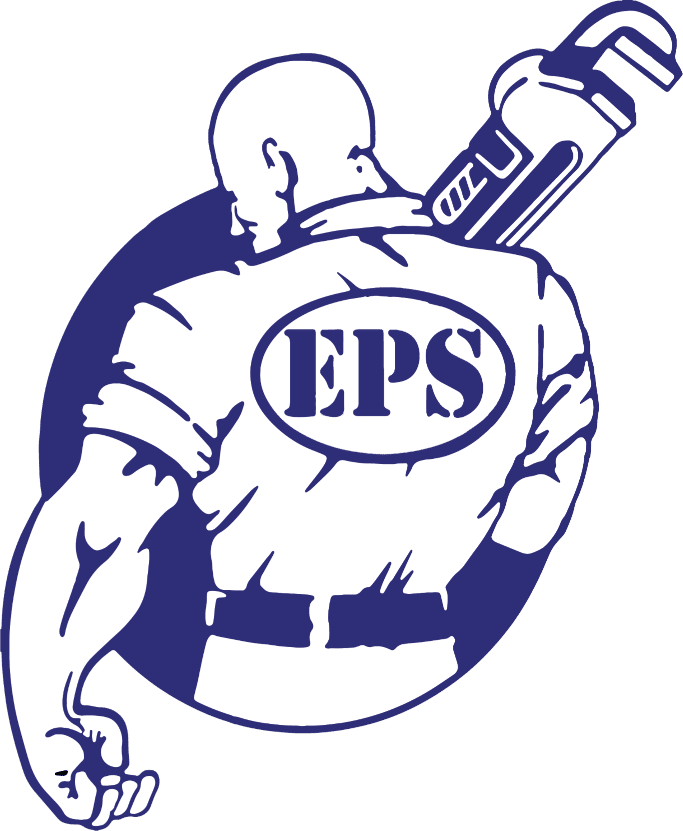Express Plumbing Service installs and services whole house water filtration systems for customers in and around Boise. They serve a wide range of purposes, from removing sediment to reducing water hardness, to eliminating odors. Here, we’ll explain how the process works and the different types of systems that are available.
How Water Filtration Works
Each type of water filtering device works different. But each uses the same general process to remove impurities and deliver a fresh, safe water supply:
1. Pre-Filtration
The largest particulates are removed, including sediment and silt, which can cause serious damage to your pipes, other plumbing components, and appliances. Pre-filters take on the brunt of contaminants entering the system. They should be changed at least every two or three months.
2. Activated Carbon
In the activated carbon stage, carbon molecules bind to chlorine and chloramines. These are removed from the water, so you and your family are protected against the effects of these compounds.
3. Post-Filter
There is a post-filter that removes any remaining contaminants and sediment. This stage is located just before the water tap. Post-filters should be replaced every six to 12 months to ensure your filtered water is the highest quality possible.
Types of Whole House Water Filters
There are different types of water filtration to address specific issues. The most commonly used systems, and how each works, include:
- Water Softeners: Are designed to remove calcium, magnesium, and other dissolved minerals in hard water to reduce scale buildup in pipes, residue stains, and symptoms such as dry skin and frizzy hair. Positively charged minerals are trapped by negatively charged ions contained in porous resin beads.
- Ultraviolet Purification: UV light is effective at killing bacteria, viruses, fungi, and parasites. A UV purification system is often recommended for well water during a natural disaster. The UV light damages DNA so living organisms can’t reproduce or spread disease; 99.9% can be removed if the water is pre-filtered.
- Carbon: Carbon filters remove the presence, taste, and smell of chlorine, which municipal utilities often use to kill bacteria, as well as pesticides and herbicides. These filters use porous carbon that, when water runs through, removes chemicals and organics via adsorption. The water emerges free of chemicals—including difficult-to-remove chloramines.
- Sediment: If you have a sediment filter, it can remove pieces of rust from corroded pipes, dirt, clay, and sand. Sediment clogs pipes, damages appliances, and makes water look cloudy. Sediment filters use mechanical filtration to block it while tiny pores allow water to pass through.
- Acid Neutralizers: Any water with a pH of less than 7 is considered acidic and can damage your plumbing. Acid neutralizers use highly alkaline calcite to raise the pH of water passing through them. This prevents damage that acidic water can cause.
- Reverse Osmosis (RO): The filtration system pressurizes treated water, forcing it through a semipermeable membrane. Microbes, various pollutants, and most dissolved solids can be filtered out. Since the concentrated water and permeate flow in opposite directions, the membrane remains cleaner for longer.
Reverse osmosis filters often use a pre-chlorination dosing system to remove dissolved heavy metals. Most have a large tank to store contaminated water to ensure the pump isn’t damaged by an inadequate water supply. Other features include:
- Water Feed Pump: Provides the pressure to move water through pretreatment.
- Filter: A multi-layer filter can target contaminants such as nitrates, using media chosen specifically for those present.
- Storage Tank: Contains filtered water so it is available without the system having to run continuously.
An RO system can also have a pump to re-pressurize water at the point of use. It can also integrate an activated carbon filter, automatic water softener, or UV sterilizer.
Learn More About Water Filtration from Express Plumbing Heating & Air
We specialize in water treatment systems such as mechanical, activated carbon, RO, oxidizing, sediment, neutralizing, and ion exchange filters. In addition to installation, we can help in selecting the right water purification system for your home. Call (208) 398-0309 to learn more about what we can offer.



